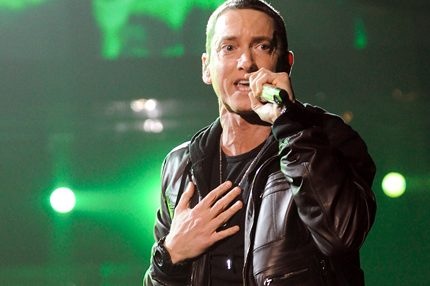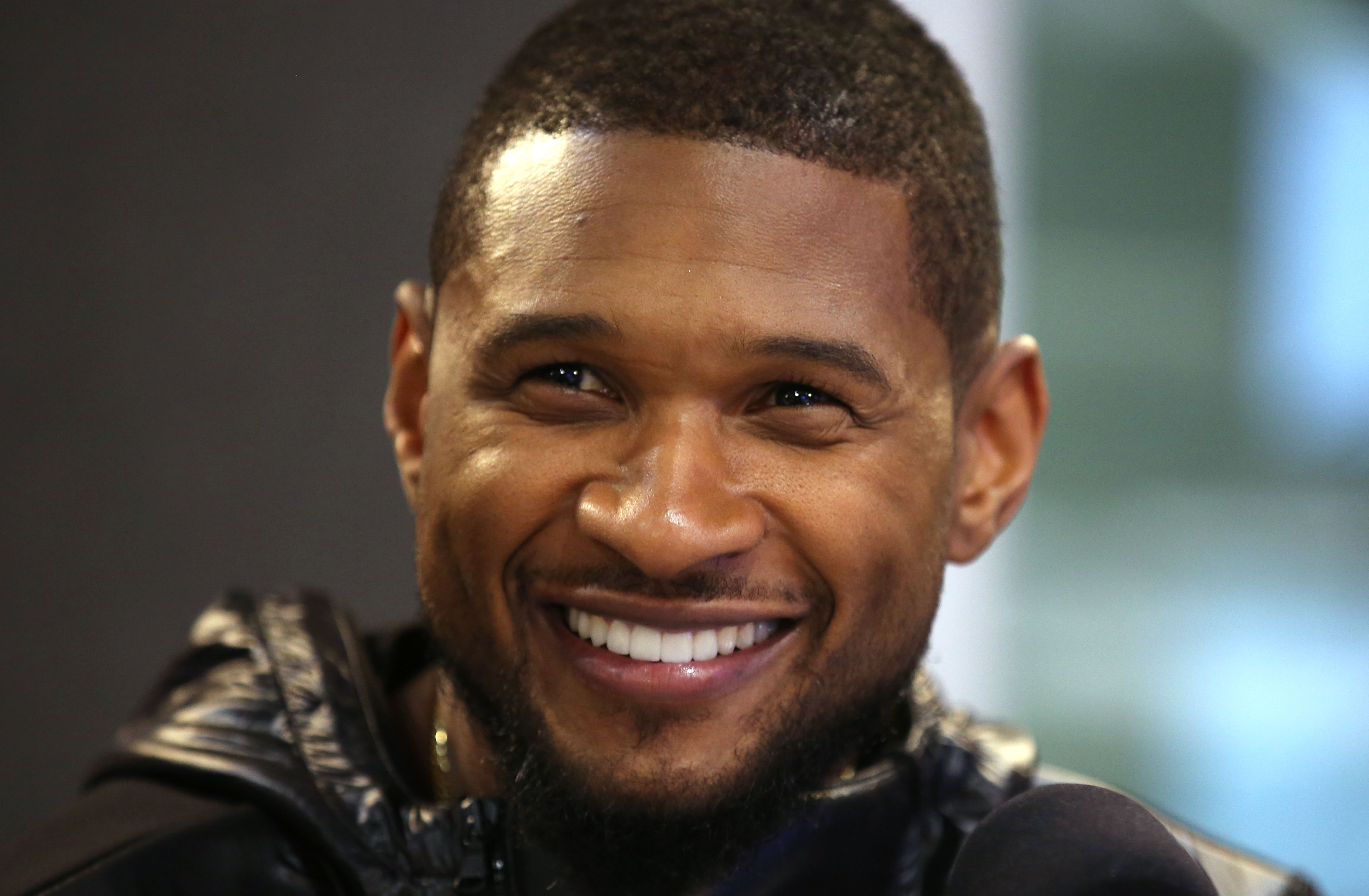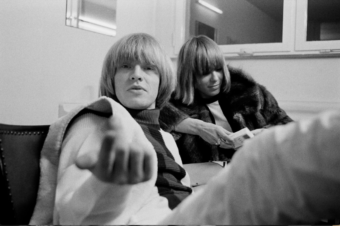Country music, and yes, indie rock, were the big winners at this past Sunday’s 53rd Grammy Awards in Los Angeles. But you know what lost? Black music. The slight wasn’t much of a surprise, really; the Grammys are notoriously out of touch. But this year’s ceremony felt actively dismissive, with hip-hop and R&B, inarguably African-American strains of music, getting pointedly whitewashed.
The subtle digs at hip-hop started early. As is often the case, awards for “urban music” categories were handed out before the show. Legendary rapper Guru was left out of the people-that-died-last-year montage; Kanye West immediately noticed (he tweeted “R.I.P to GURU!!!”), as did thousands of others. When recording engineers, agents, managers, etc., are summarily eulogized, the rapping half of an incredibly influential and fairly mainstream ’90s rap duo should at least get a mention. Another example of Grammy cluelessness, more funny than offensive (though still telling), was the use of a Jay-Z photo from his 1996 debut Reasonable Doubt as visual representation of the rapper in lieu of his absence. Incidentally, 1996 was the first year the Grammys implemented the “Best Rap Album” category. And oh yeah, “Best Rap Album”? That went to Eminem’s Recovery.
Somehow, Eminem has become the Grammy standard for hip-hop seriousness and respectability; he’s been steady getting awards since 2000’s The Slim Shady LP. Not to dredge up a decade-old complaint about how the dude gets a pass for his homophobic and misogynistic lyrics because he’s white and “funny,” but you know, Eminem totally gets a pass for saying the sort of offensive shit that keeps most of his darker-skinned peers far away from the Grammy stage.
This year’s Grammys seemed to exist in some alternate universe, where an ass-backward, inside-out form of desegregation was put into place, and popular music history was finally, gently handed back to white people. For some reason, bland country trio Lady Antebellum — recipient of multiple Grammy Awards — paid tribute to soul icon Teddy Pendergrass, though only for a moment. Before that half-assed tribute, there was an extended country/folk jam that also featured Mumford & Sons, the Avett Brothers, and Bob Dylan. The whole antediluvian interlude, made all the more odd thanks to those ten perfunctory seconds of Harold Melvin and the Blue Notes’ “If You Don’t Know Me By Now” (on which Pendergrass sang lead), seemed like an attempt to musically will everybody back to a time period that was pre-hip-hop, pre-Civil Rights, and dare I say, pre-Civil War? The inexplicable name “Lady Antebellum” took on a nefarious tone as the show progressed and the racial transgressions stacked up.
A throwback R&B performance featured B.o.B and Janelle Monae, but the focus was on the fairer-skinned Bruno Mars, dressed as James Brown, and given a bizarre introduction by a sweaty-browed black announcer with a stammering, Amos ‘n’ Andy accent. The Solomon Burke tribute was fronted by O.G appropriator Mick Jagger, while Raphael Saadiq (who just two years ago, released a Grammy-nominated ’60s R&B homage The Way I See It), bounced around in the background. Grammy bigshot Neil Portnow’s annual “now kids, don’t steal music” lecture had a jazzy-wazzy white beatnik vibe. Even safe, fully canonized genres like ’60s R&B and jazz were slyly picked clean of their racial significance.
The compulsion to whiten every aspect of the show extended to nearly every performance (notable exception: Rihanna and Drake). White musicians were never too far away. Usher handed his dance-pop crown to Justin Bieber, recapitulating the model of an African-American star needing a white protege. Asserting the reputation of “Fuck You” “Forget You” as a song that everybody and their mom can love, Cee Lo was costumed like a psychedelic chicken, surrounded by puppets, and accompanied by an elegantly attired Gwyneth Paltrow. Why? Sorry, but “she performed the song on Glee” is not a satisfactory answer.
What made this post-racial nightmare even more disturbing was that it came about at a moment when hip-hop has fully wormed its way into the pop landscape. It’s as if the simple existence of newcomers like Drake and B.o.B, performers who are as apt to sing as they are to rap, who regularly adorn straight pop songs with nimble rhymes, is enough to turn hip-hop’s more loaded pop legacy into an afterthought. According to the Grammys, Eminem is now the sole representative of rap rebellion. In their whitewashed musical universe, he’s not just a commercially successful rap star, he’s “the most dangerous man in hip-hop history.”





